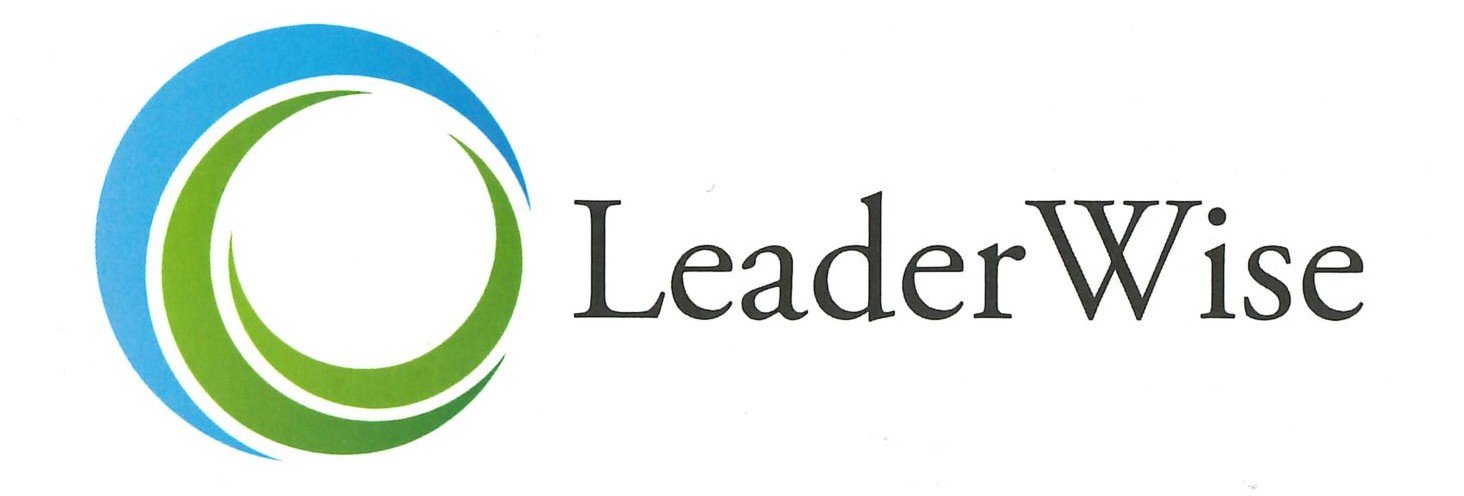The Power of Words
by Sarah Parker, MDiv, LMFT, Staff Therapist
Just do a “Google search” for “quotes about words” and you will find enough inspiration and conviction to last a lifetime. It is true that words contain power ... to create and to destroy. Consider the following:
“Be mindful when it comes to your words. A string of some that don’t mean much to you, may stick with someone else for a lifetime.”—Rachel Wolchin
“Be careful with your words. Once they are said they can only be forgiven, not forgotten.”—Unknown
“Words have energy and power with the ability to help, to heal, to hinder, to hurt, to harm, to humiliate, and to humble.”—Yehuda Berg
Consider for a moment some of the words that have been said to you by others—maybe it was a parent, a partner, a friend, a family member, a parishioner, a colleague, or even a stranger. You may be able to remember the location, the circumstances, maybe even what you were wearing, when they said words that changed your world. Perhaps it was something they said that made you see yourself in a different way. Perhaps it was something they said that made you change the way you understood them. Perhaps it was even a moment which changed the way you felt being in their presence. Words have power.
What about those times when you have uttered harsh or thoughtless words? Though it is not my intention to send all of our readers into a “shame spiral,” there is something important about reflecting on the power of our words. Spending a few moments on social media these days can provide a humbling reminder of what can happen—to people and to relationships, when we fail to “think before we post.” And those are the words that are said from a “safe distance”—without having to look into the eyes of those we may have just wounded. Words have power.
A few months ago, I began a journey with a cohort of other therapists who were seeking to grow in our understanding of “whiteness” and our commitment to being anti-racists. During our first gathering, I was presented with The Riddle Scale (1)—a psychometric scale developed in 1973 (50 years ago) that measured the continuum of attitudes towards gays and lesbians. In this context, we were also considering how these words reflect the attitudes that we and others hold towards people of color. What struck me about this scale were the words that were used to describe the spectrum of attitudes—repulsion, pity, tolerance, acceptance, support, admiration, appreciation, and nurturance. In particular, the words “tolerance” and “acceptance” jumped off the page at me, and I found myself considering the number of times that I had used those exact words when talking about other people groups. These words that I had always considered safe, having a positive meaning, suddenly gave me reason to pause.
I wonder. . . what are the words that give you reason to pause? To think about not only what you mean when you say them, but also about what happens when someone hears them? Being committed to grow in our self-awareness includes growing in our understanding of how what we do and what we say impacts others.
When I worked at a facility that primarily worked with children and families, we frequently reminded our clients that some thoughts are “think it thoughts” and some are “say it thoughts.” In addition, we taught them this acronym that is helpful to keep in mind no matter our age, our position, or our privilege. Before you speak, consider. . .
T—is it true?
H—is it helpful?
I—is it inspiring?
N—is it necessary?
K—is it kind?
Words have power. . . I hope that you will consider the words you speak (ideally before you speak them) and that you will reflect on how to use your words to create, to inspire, and to heal.
(1) https://sga.fsu.edu/safe_zone/PDF/The-Riddle-Scale-Handout.pdf

